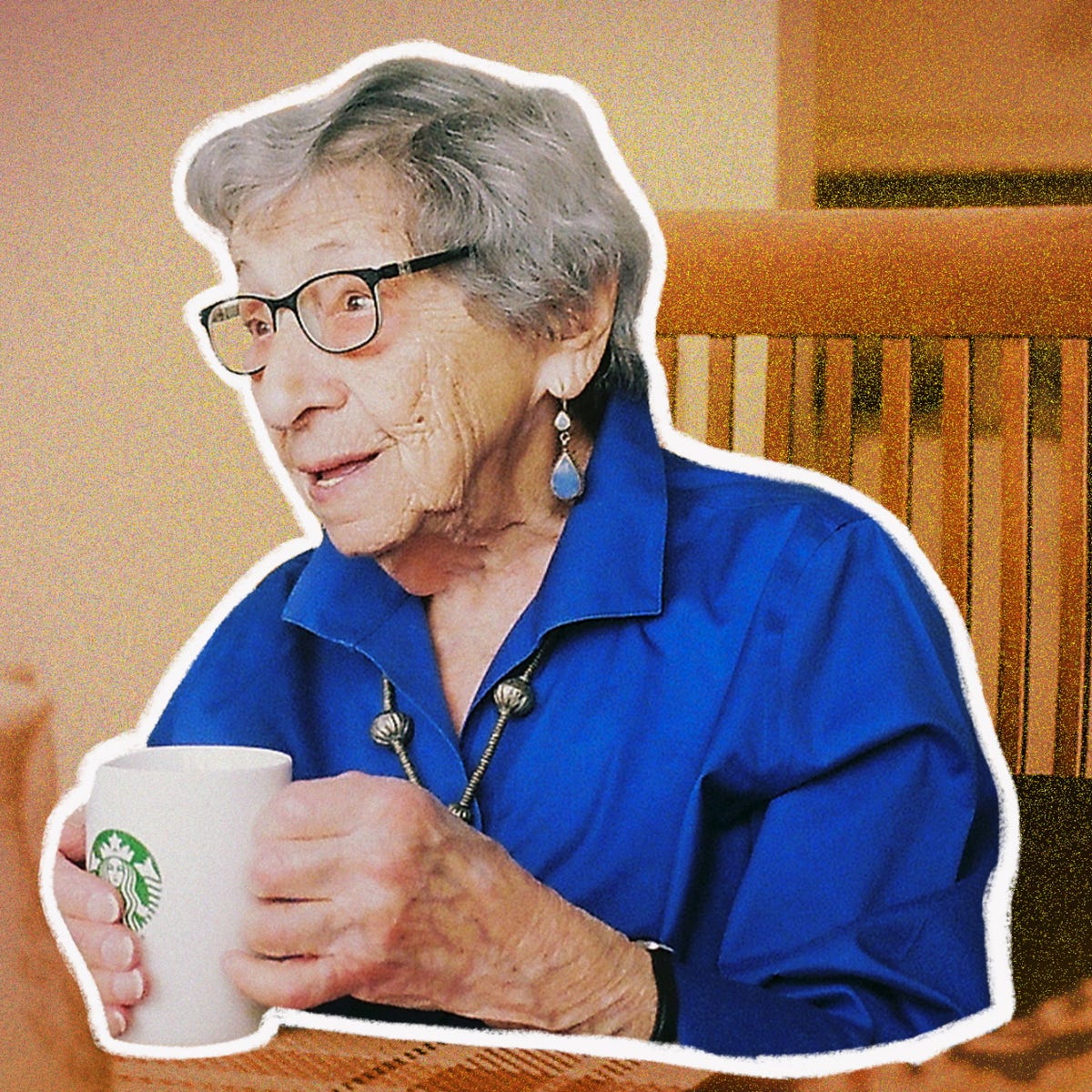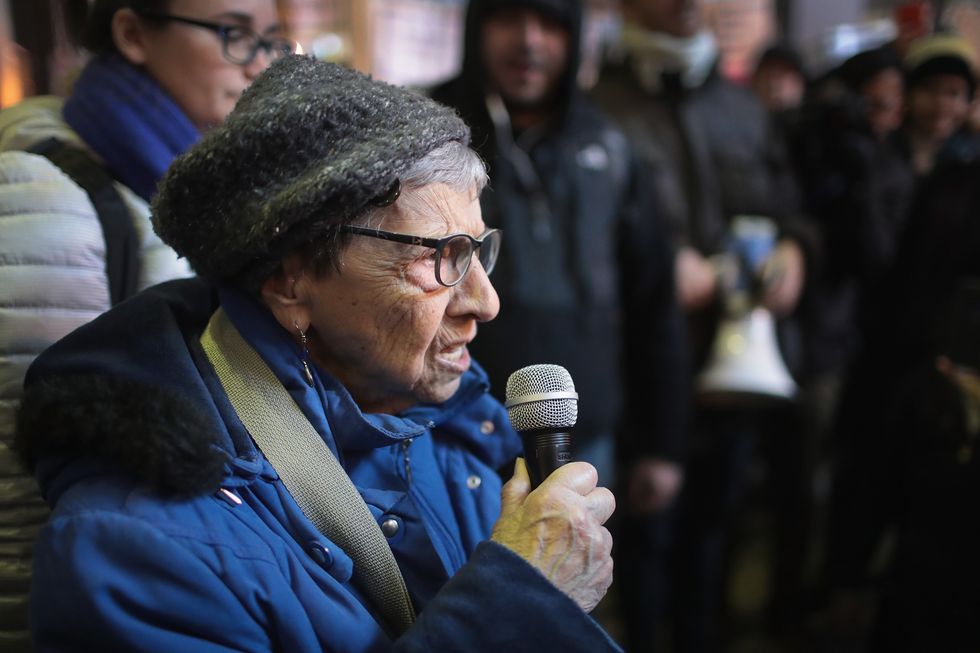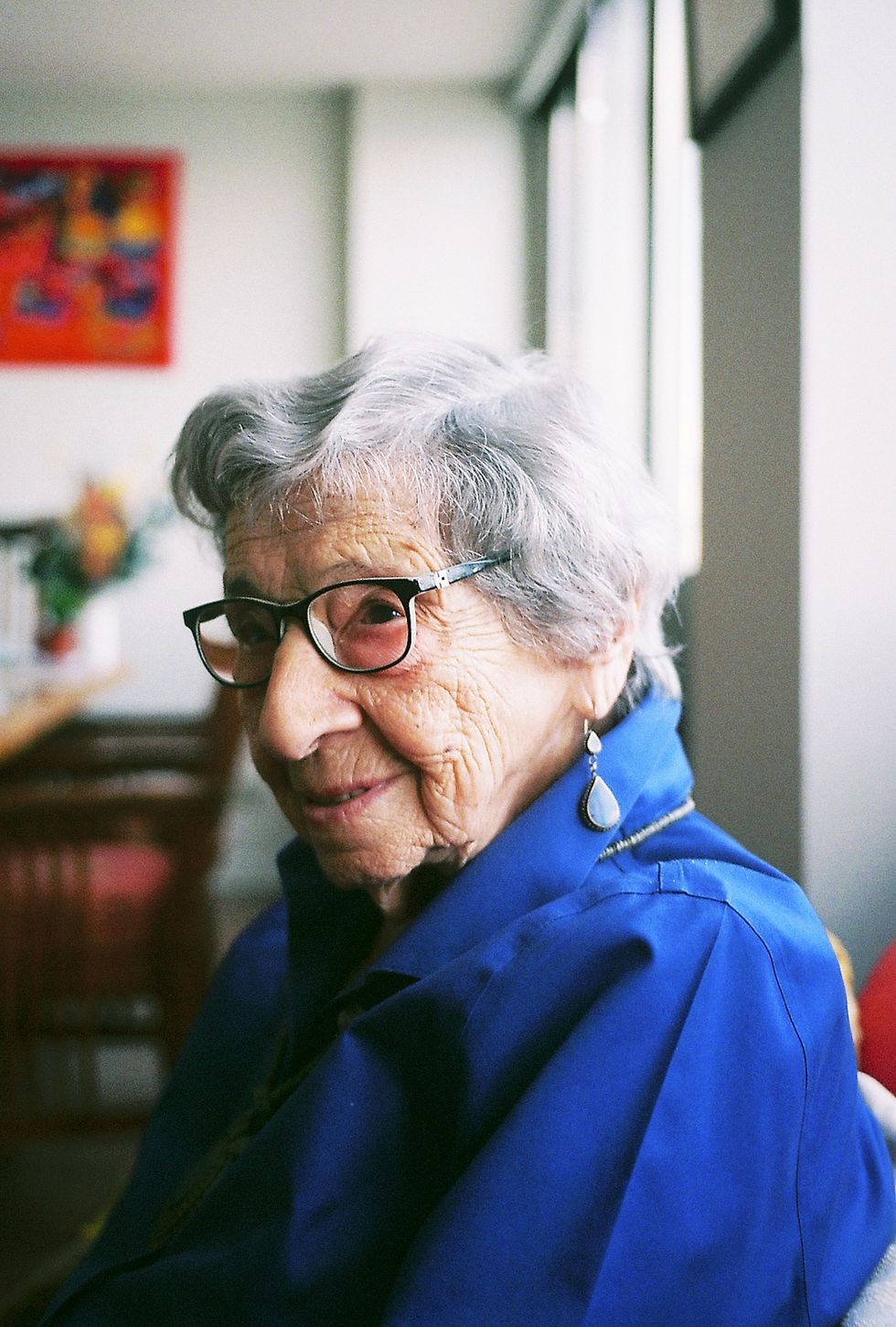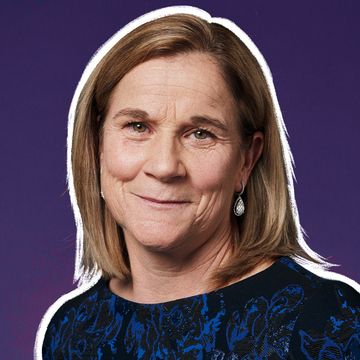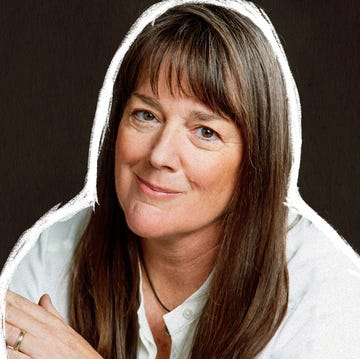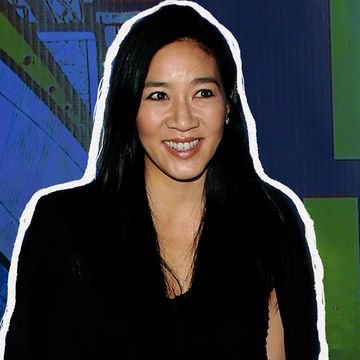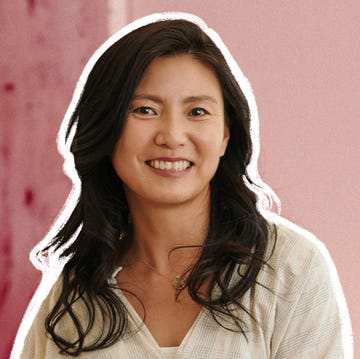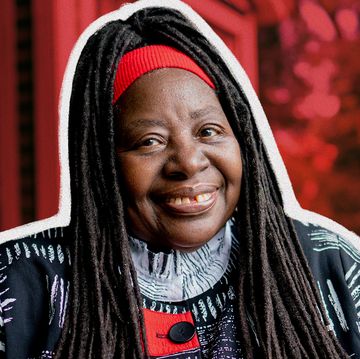In the ongoing Shondaland series Head Turners, we meet interesting women from every facet of life who are crushing it in their careers. From artists and tech mavens to titans of the boardroom, these women are breaking barriers, and they’ll share how you can too.
Beatrice Lumpkin was raised by revolutionaries who fled czarist Russia after the 1905 revolution, and her upbringing in a Jewish community in the East Bronx in New York City introduced her to the suffering of class struggle. At 19, Lumpkin became an organizer with the Congress of Industrial Organizations (CIO), beginning a lifetime dedicated to fighting for workers’ rights spanning from the 1930s to today.
In a single summer, she helped to organize 20,000 laundry workers, a feat Lumpkin humbly plays down as a product of the times. She worked in factories, laundries, and machine shops until eventually becoming a teacher, an occupation with its own labor struggles that she’s engaged with to this day.
While she is now 104 years old, Lumpkin is still an active and lively woman. Ask her about her years organizing as a teenager or a conversation she had with a stranger in Havana after the Cuban Revolution, and Lumpkin will, after a brief pause, recapture with such clarity and simplicity the moments, particularities, and details of the time.
A day for Lumpkin now might consist of, for example, attending a meeting of the retiree division of Chicago Teachers Union, delivering a lecture on the African roots of mathematics, or leading Chicago’s Labor Day parade as its grand marshal. She remains matter-of-factly passionate about fighting for workers’ rights.
“Today, capitalism is more monopolized, more worldwide, more violent than it’s ever been,” Lumpkin says of the current state of labor affairs. “What we need to do is to bring all of these people together in coalitions, and that will be a supermajority, and we’ll be able to proceed with the steps we need to [take] to save humanity.”
Lumpkin recently spoke to Shondaland about why she dedicated her life to organizing labor movements and what keeps her going at 104 years old.
TAYLOR DORRELL: You started organizing in your teenage years in the 1930s. What was it like organizing throughout the 20th century?
BEATRICE LUMPKIN: As a college student in 1937, I heard the CIO was organizing laundry workers and volunteered as an organizer. That experience changed my life. At the time, there was a union-friendly climate with legislation like the Wagner Act protecting workers’ right to join a union. In that one summer in 1937, our team of 30 managed to organize 20,000 laundry workers.
But by the 1950s, we were in the atmosphere of the McCarthy repression, and there was a lot of fear that demobilized many in the Communist Party as well as union [and] tenant activists all over the country. On the very first day that [wartime] rent control was lifted and the landlord had the power to evict anyone they liked, we were served with eviction notices. It was a combination of political repression and lifting the wartime rent control that led to our eviction. We formed a tenants’ council, and we put our rent into escrow and went on rent strike until we got some heat.
New York State used to have a loyalty oath that teachers were required to take saying that they were not a member of the Communist Party, or something vaguely worded, or they could send you to prison for five years, so I went back to teaching in Chicago at Bowen High School. It was in that period that I became very involved with the Chicago Teachers Union and saw the impact of racism in the underfunding of the schools. Later as a retiree, I became very active with the retiree division of Chicago Teachers Union and remain so up to date.
TD: How did you fight against sexism in the labor movement?
BL: In 1974, I became a founding member of the Coalition of Labor Union Women. We call it CLUW. At that time, there was probably only one woman who was a national head of a union. Our organizing, bringing together women activists from many, many different unions, was a decisive step in gaining more victories against — well, I don’t like to call it sexism — male supremacy.
I think the formation of CLUW was decisive. CLUW also helped prepare women by giving them the organizing experience and the confidence to run for union office and to run for political office because the United States still lags way behind many countries in the percent of women in our legislatures and in other high positions.
TD: How does it feel to see union membership fluctuate over the years?
BL: In the past decades, there have been big economic changes directed towards greater exploitation of the American worker. We have seen a vast assault on the rights workers won over generations. There’s been a setback from the 1930s with the New Deal. No class-conscious worker feels good when we are losing so much thanks to the Supreme Court attacks and a huge number of right-to-work states. I feel bad when the governmental odds pile up against organizing, but there is a large majority of the working class today that wants a union now. Figures were at one time 65 percent, but I’ve heard it’s gone up.
What’s interesting to me is so many of the newly organized industries like data and tech, the way Amazon, Starbucks, IT, museum, cultural workers all over want to join unions today because of [policies] from the [George W.] Bush and [Donald J.] Trump presidencies. There is a lot more attention to people self-organizing, not waiting for a union organizer. We’re living in a difficult time now, but one that’s full of hope.
Taylor Dorrell is a Columbus, Ohio-based writer and photographer who has contributed to the Cleveland Review of Books, Columbus Free Press, Teen Vogue, Medium, and Tribune. Follow him on Twitter @taylordorrell.
Get Shondaland directly in your inbox: SUBSCRIBE TODAY
